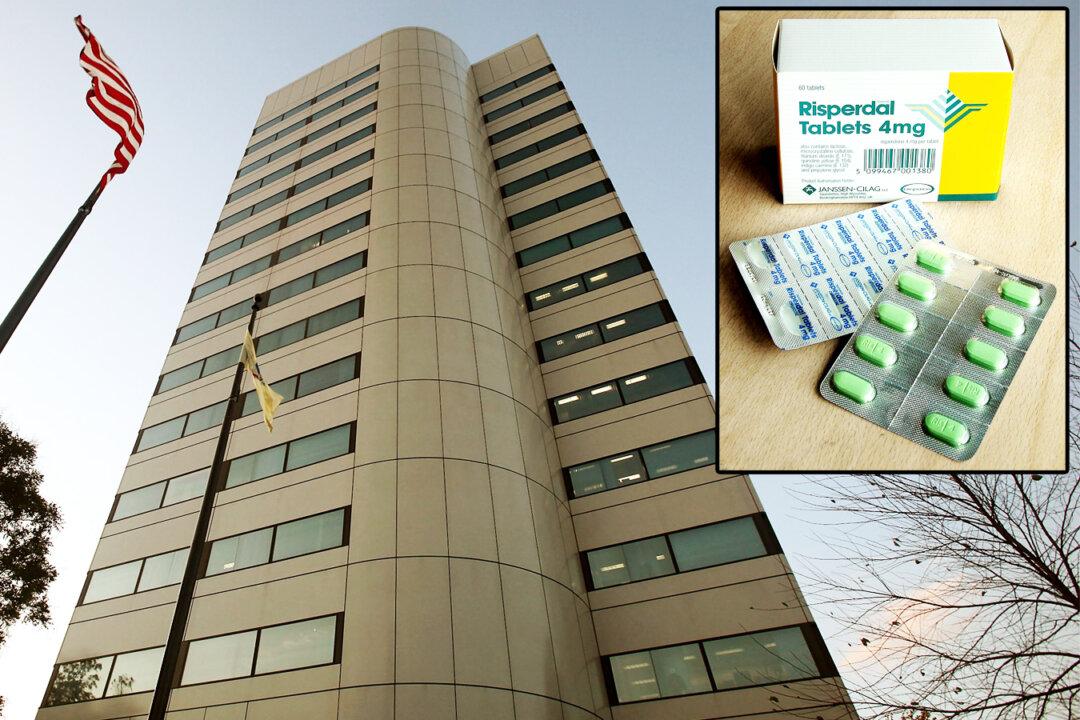Johnson & Johnson sued to stop the U.S. government from empowering Health and Human Services (HHS) to negotiate lower drug prices for Medicare recipients.
The major drugmaker became the third player in the industry attempting to halt the Medicare drug-price negotiations established by the Inflation Reduction Act (IRA), in a claim filed in the U.S. District Court in Trenton, New Jersey.The IRA, which narrowly passed in 2022 via the then Democrat-controlled House and Senate, gave Medicare the power to negotiate drug prices for the first time in its six decade history.





